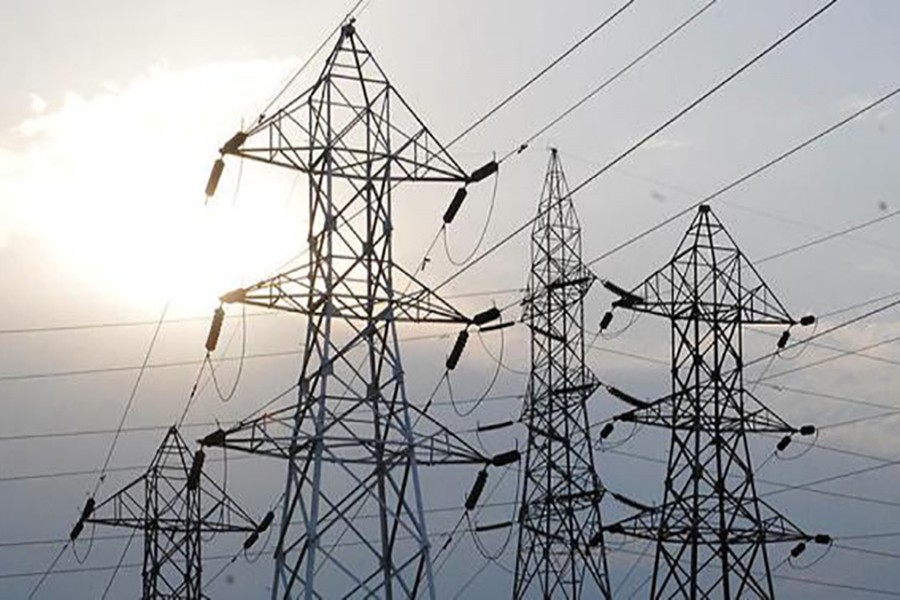The government is in a quandary over whether or not to discard Tk8.56 billion-worth two power projects as the executing agency only bought cars but failed to start work in five years, officials said.
According to them, the project-execution agency, Bangladesh Power Development Board (BPDB), however, purchased cars in the first year of the project inception from the allocated funds.
Although the BPDB even failed to select contractors for construction works in last five years, the project officials are riding cars spending public money for the fuels and vehicle operation.
Following an inordinate delay, the Planning Commission (PC) recently asked the BPDB to scrap it as it has found the project non-viable at the current stage, insiders said.
The BPDB failed to start the physical work for converting 2X35-megawatt Shajibazar power plant to 105MW one and for upgrading the 100MW Baghbari power plant to 150MW one.
The Executive Committee of the National Economic Council (ECNEC) had approved the conversion of Shajibazar power plant at Tk3.42 billion in February 2013, and upgrading the Baghabari plant at a cost of Tk 5.14 billion in April 2013.
Both the power-plant-conversion works were scheduled to be completed by December 2014.
The European Investment Bank (EIB) committed to providing Tk 7.41 billion for executing the two projects in the power sector that struggles to feed power-hungry subscribers amid an ever-growing demand.
Following the request from the BPDB, the PC in the meantime had extended the project tenure twice--up to December 2016-but to no avail.
Now the power board again seeks three and a half years up more, that is to June 2020 to upgrade the power stations, the sources said.
"An inter-ministerial meeting early this month recommended scrapping the projects. As five years have already elapsed since January 2013, the project will not be economically viable at this moment," said a PC official, quoting discussions at the meeting.
He wondered if a state-owned agency could not start the main work on two small projects in five years, how it would complete the project ensuring the target returns from those power generators.
"If it takes three and a half years' more time for adding up only 50MW power to a plant, it is questionable how the implementing agency will make it viable for the country," said a senior Implementation Monitoring and Evaluation (IMED) official.
Under the Tk 5.14 billion Baghabari 100MW-plant-conversion project, the project office has purchased all the vehicles spending entire Tk 1.25 billion in the very initial stages of the project.
The project office of the Tk 3.42 billion Shahjibazar plant-upgradation works purchased cars spending entire allocated funds of Tk 7.23 million for this purpose in the early stages of the project inception. Also, it pays Tk 3.67 million as salaries and allowances to the project staff and gave Tk 0.95 million to the consultant.
Presided over by acting member of the Planning Commission Ms Shamima Nargis, an inter-ministerial meeting last week at the PC office in Dhaka discussed the fate of both the power projects.
At the meeting, the representatives of BPDB and its line ministry -- Power, Energy and Mineral Resources-presented their views on the uncertainty over implementation of those projects, insiders said.
Asked if any action taken for the delay or the failure, a senior PC official said the IMED had already recommended that the Power Division investigate the issue to ascertain whether there is any negligence in the project execution and for taking action.
"But we have not seen any development from the Division," he said, requesting anonymity.
The government should have taken the toughest stand on those types of neglect of duty and punished those responsible, he added.
The PC official said the implementing agency had shown prompt performance in purchasing the cars but failed to appoint consultants, and contractors, too, in nearly five years time.
Meanwhile, in November 2013, the government signed loan agreement to get US$82 million worth of funds from the European Investment Bank (EIB) to convert the power stations. The government is repaying the loans with nearly 4.0 per cent interest thereon. The repayment period is 15 years, with a 4-year grace period.
The Planning Commission in its observation said the Power Division should investigate why the BPDB failed to appoint a consultant in 3.0 years and a contractor for the main conversion work in five years.
When contacted, a project official, requesting anonymity, said they got into trouble in appointing consultants and main contractors as the lending agency, EIB, has wasted a long time in giving concurrence on different documents.


